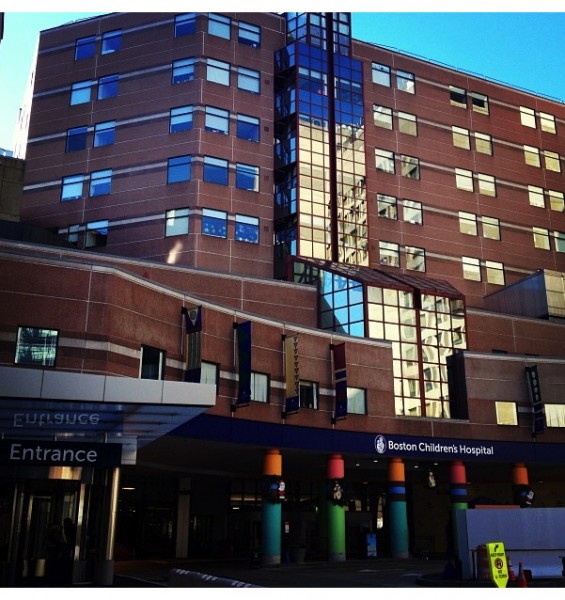Gambier to Boston: My Experience Finding a Job in a City without Knowing Anybody

Like most Kenyon students, I spent the majority of my senior year in denial about leaving Gambier and entering the real world. Having grown up in Cheyenne, Wyoming, I knew that I did not want to return to rural living at 22 but I wasn’t sure where I wanted to be or where to begin the job application process. At this point, my goal was to prepare myself for medical school by working in a hospital or laboratory setting. With this is mind, I picked several cities that I could picture myself living and began blindly filling out online applications.
Two months, and nearly ninety online applications later, I understood why this approach to the job application process is unsuccessful. Human resource departments receive countless applications on a daily basis that, at first glance, look more or less the same. I learned that it is common practice to post positions after having filled them, which makes it very difficult for the online applicant to determine if the position is available. Despite the aggravating nature of this process, I quickly learned the value of being a part of the Kenyon community outside of the Gambier bubble.
In July of 2013, I contacted a member of the Kenyon alumni council, Marshall Chapin. Based on Mr. Chapin’s resume and his success as a business executive for a clean energy company, I was unsure that he would be interested in helping a recent grad and a complete stranger. To my surprise, he responded to my email in a matter of hours and we set up a time the next day to discuss strategies for networking in a new city. During our conversation, he provided me with several key steps to take as a recent grad to get my foot in the door. The first piece of advice was to stop wasting time filling out online applications. As a frantic applicant, online applications feel like the most direct route for securing a position but establishing connections with as many people as possible is much more effective. His second piece of advice was to contact everyone that I could think of, including my parents’ friends and other Kenyon alumni, who might be willing to speak to me about the various sectors of healthcare in Boston. In addition to giving me valuable advice, Mr. Chapin offered to introduce me to several of his contacts that could provide some insight into the job market in Boston specifically and if there were any companies or areas that they knew could be looking to expand with the support of recent graduates.
After making an introduction on my behalf, I had the opportunity to talk with one of Mr. Chapin’s contacts from a healthcare software company. She had great advice for someone in my position and after a twenty-minute call; she forwarded my resume to her human resources department. The next day, a human resource associate contacted me and we discussed various positions in their company that could be a good fit for someone with my academic background. After going through the open positions, the HR associate told me honestly that they were looking for someone with sales experience but he offered to forward my resume to a contact that he had at Boston Children’s Hospital. Less than a week later, I met with his contact and secured a position in the Emergency Department.
After going through this process with the help of Marshall Chapin, I can confidently say that being a Kenyon graduate puts you at an advantage in the application process due to the willingness of alumni to help their own. If you do nothing else during your last semester, work with the CDO to develop a strong resume and list of alumni in a potential city who might be willing to speak with you or forward your resume to one of their friends. Being from a place like Wyoming, I had very few personal contacts in the Boston area but I was still able to find people who were wiling to help through the Kenyon connection.